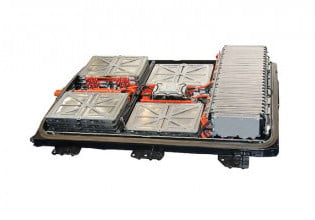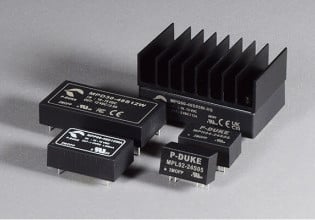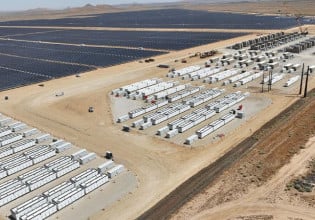An array of 213 solar panels will soon provide electricity to homes served by Duke Energy’s McAlpine Creek substation in south Charlotte, North Carolina – all part of an effort to implement new smart grid technology.
The substation’s new solar panels will provide approximately 50kW of electricity, enough to power five homes when the panels are operating. Electricity from these panels can be sent directly into the distribution lines serving the McAlpine Creek test area or used to charge a 500kW storage battery planned for installation at the substation in the weeks ahead.
The solar panels and battery will be used in conjunction with residential energy management systems to determine how Duke Energy can create a "virtual power plant" by combining renewable sources, storage technology and energy efficiency to meet customer needs.
For more than a year in the McAlpine area, Duke Energy has been installing new smart meters at 8,100 customer homes and new digital communications technology on utility poles and power lines. When fully implemented, the new technology will improve reliability, reduce outage duration, and provide customers with usage data and the ability to customize their energy usage.
"Today’s electric distribution system has changed little over the past 100 years," said David Mohler, Duke Energy’s Chief Technology Officer. "Smart grid will provide a 21st century, two-way digital communications link between the company and its customers."
Beyond the smart meters, about 100 McAlpine area households are participating in a residential energy management system pilot. This pilot will focus on the technical, operational and customer satisfaction characteristics of emerging energy management systems that will allow customers to save electricity and money by customizing how they use energy.
For example, a customer will be able to work with Duke Energy to develop an "energy profile" which will be used to monitor and control appliances, air conditioners, heat pumps, water heaters, dryers, etc. This means greater efficiency and savings for the customer.
"McAlpine is becoming a key laboratory where we will learn as much as possible about smart grid technology in a real-life application. We plan to launch similar installations throughout our system in the future," said Mohler.






